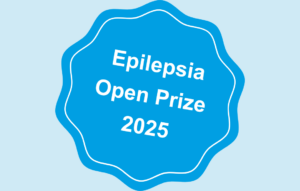When choosing leisure activities, it’s important to consider both your own safety and that of those around you. Most sports and leisure activities can be enjoyed without restriction. However, some may require additional safety considerations depending on the individual. It’s essential to know yourself—consider your own experience, seizure type and frequency, and avoid any known triggers when selecting activities.
3. 9. 2025






